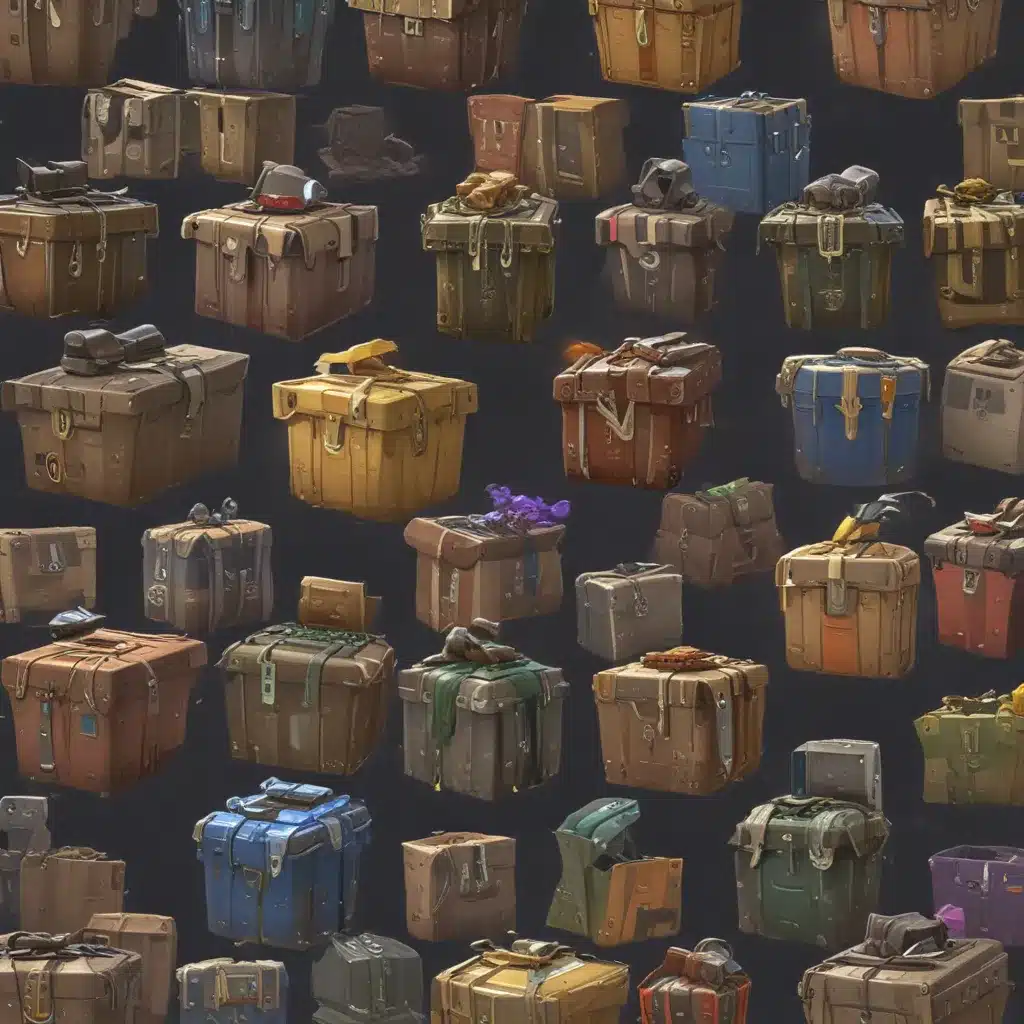The Good
Remember the good old days when you’d beg your parents for the latest game, only to get your grubby mitts on it and play it non-stop for days on end? Back then, the game you bought was the game you played – no strings attached. Well, my friends, those nostalgic times are long gone. The gaming industry has evolved, and with it, a new phenomenon has emerged: loot boxes.
Now, before you start sharpening your pitchforks and storming the castle, hear me out. Loot boxes, when implemented correctly, can actually be a good thing. Take Guild Wars 2 for example [1]. This popular MMO has been going strong for almost 6 years, all without a subscription model. How, you ask? Microtransactions, my dear Watson. But these aren’t your typical “pay-to-win” shenanigans. No, Guild Wars 2’s microtransactions are all about cosmetics and convenience – things that don’t give you an unfair advantage, but rather allow you to customize your experience.
You see, maintaining an online game with constant updates, patches, and new content isn’t cheap. Back in the day, when you bought a game, that was pretty much it – no more updates, no server maintenance. But now, we expect our games to evolve, to be supported long after release. And that costs money. So, rather than slapping us with a monthly subscription, companies like ArenaNet (the developers of Guild Wars 2) have found a way to keep the lights on through optional microtransactions. It’s a win-win, really. I get to enjoy a constantly improving game without breaking the bank, and they get to keep their servers humming along.
The Bad
But not all loot boxes are created equal. When the balance tips too far towards the “pay-to-win” model, that’s when things start to get ugly. Take the example of Battlefront 2 [2]. Here, not only were there microtransactions, but the whole progression system was tied to randomized loot boxes. Meaning, if you wanted to get your hands on the best gear, you either had to grind for hours on end or shell out some serious cash. And we all know how that turned out – the internet erupted in a firestorm of outrage, and EA was forced to backtrack on their plans.
The problem with this approach is that it fundamentally undermines the sense of accomplishment. Instead of earning your upgrades through skill and perseverance, you’re essentially just buying your way to the top. And let’s be honest, that’s not the kind of gaming experience most of us grew up with and love. We want to feel like we’re actually good at the game, not just that we have the deepest pockets.
The Ugly
And therein lies the ugly truth – as long as people keep buying into these predatory practices, companies will keep pushing the boundaries. It’s the old supply and demand equation, but with a sinister twist. EA saw an opportunity to milk players for all they’re worth, and they went for it. Unfortunately, the masses obliged, and now we’re all left wondering if Battlefront 2’s poor sales will actually be enough to deter other publishers from following suit.
The ugly side of loot boxes doesn’t stop there, though. Some companies have taken things even further, using sophisticated matchmaking algorithms to actively encourage players to purchase in-game items [4]. The idea is to pair those with the best gear (who, of course, bought their way to the top) with those who don’t have the same level of equipment, creating a sense of envy and a desire to “keep up with the Joneses.” It’s a manipulative tactic that preys on our basic human needs and desires, and it’s just plain wrong.
But as much as we may wish for the good old days to come back, the truth is that the gaming industry has changed. Microtransactions are here to stay, and it’s up to us, the players, to ensure that they’re implemented in a fair and ethical manner. We need to vote with our wallets, supporting developers who respect our time and our wallets, and boycotting those who see us as nothing more than a source of revenue. Only then can we hope to steer the industry back towards the kind of gaming experiences we all know and love.













